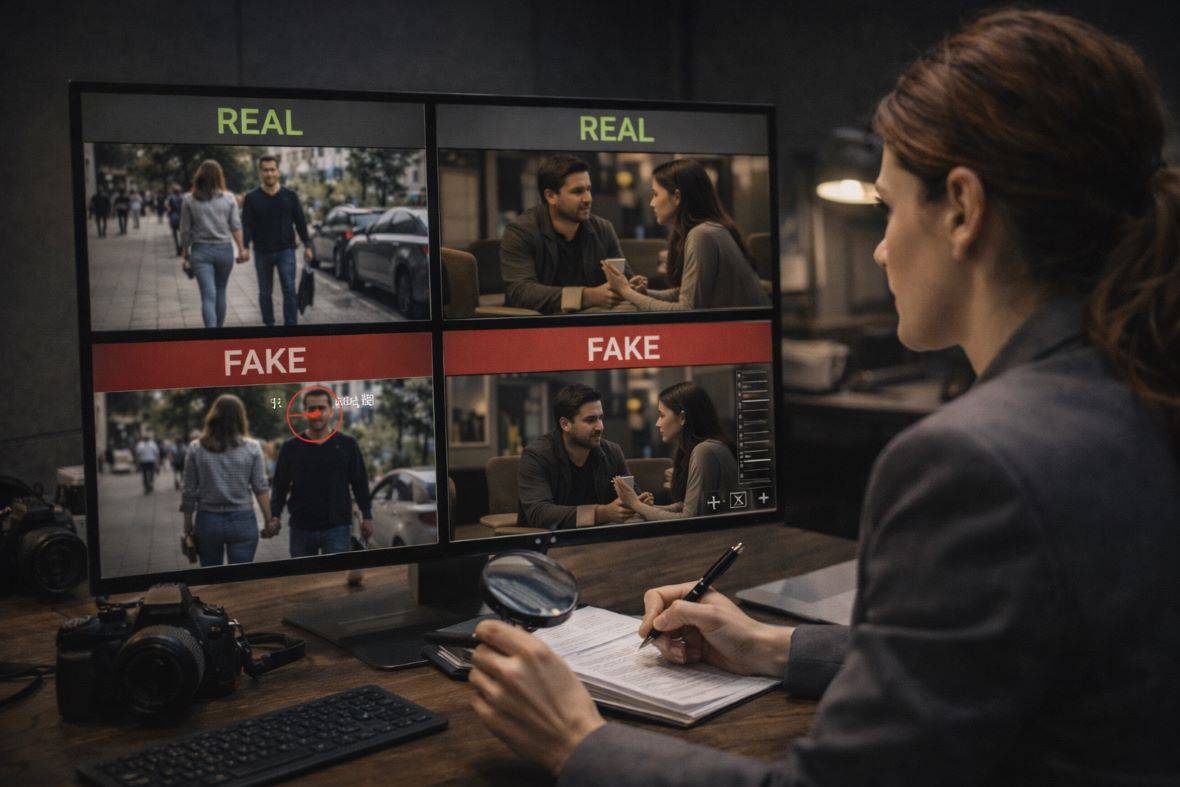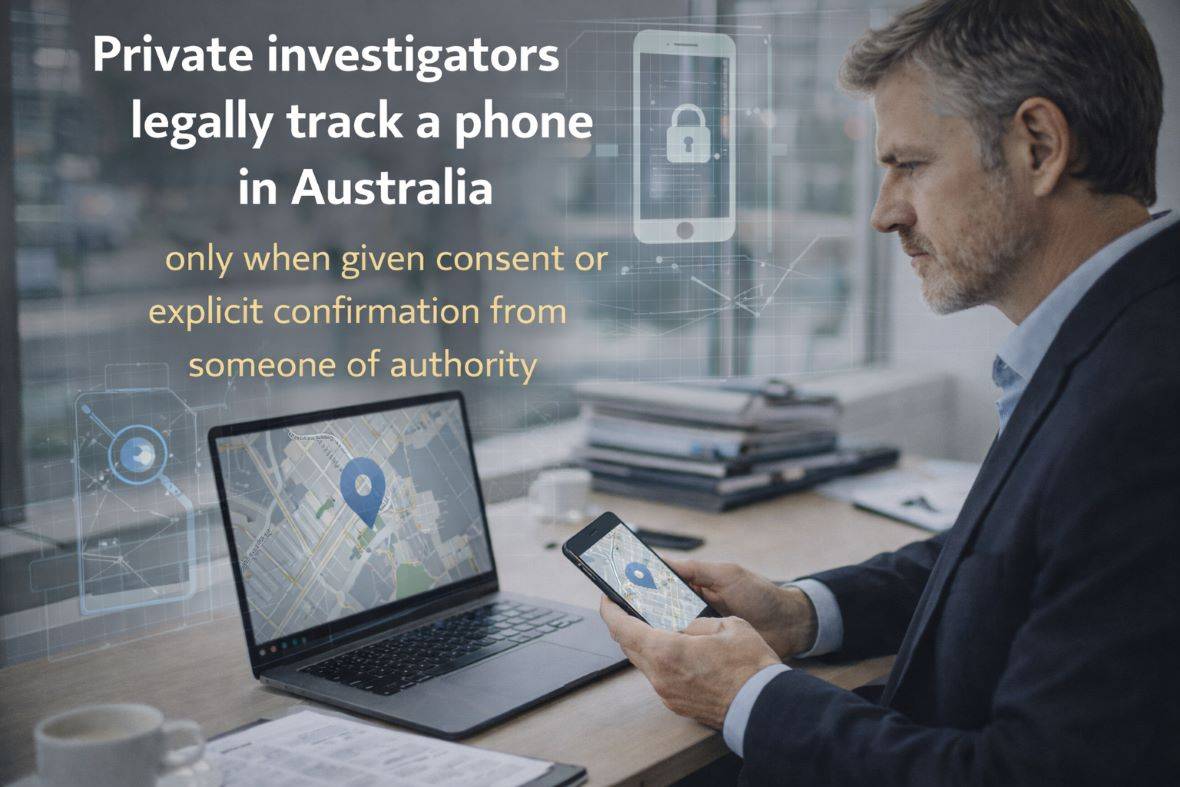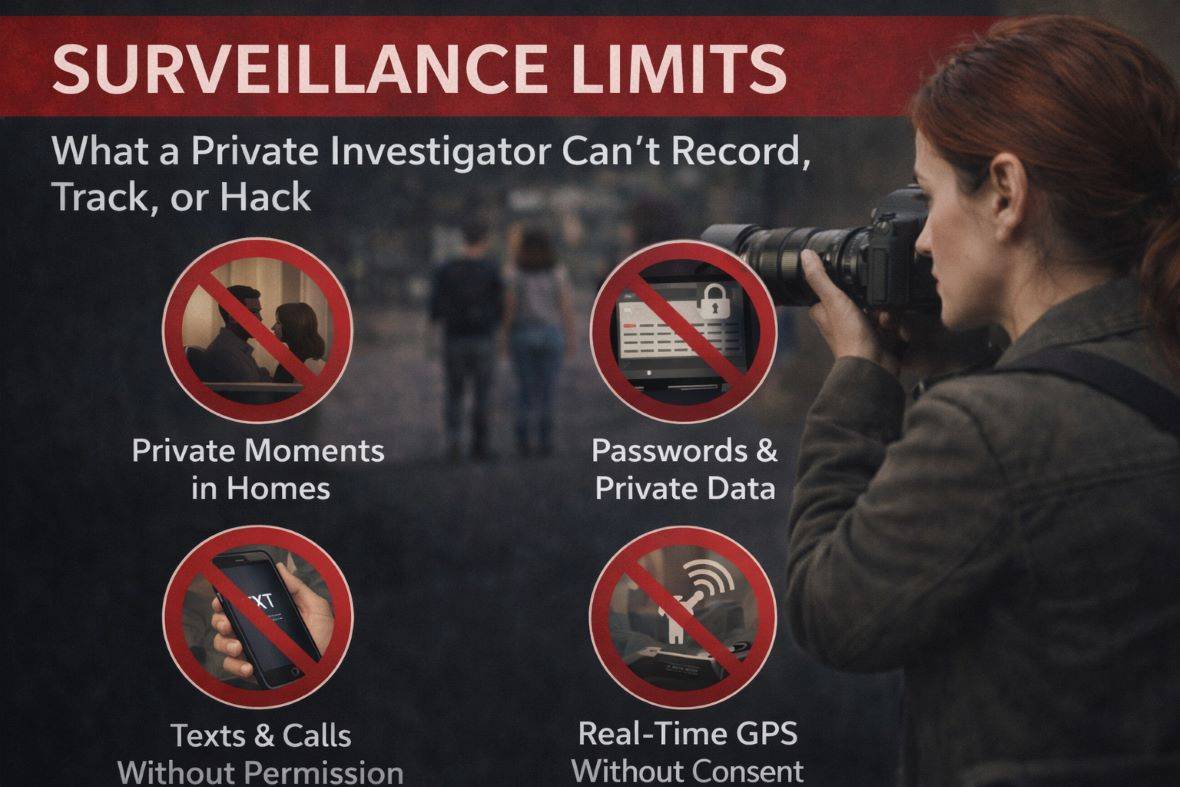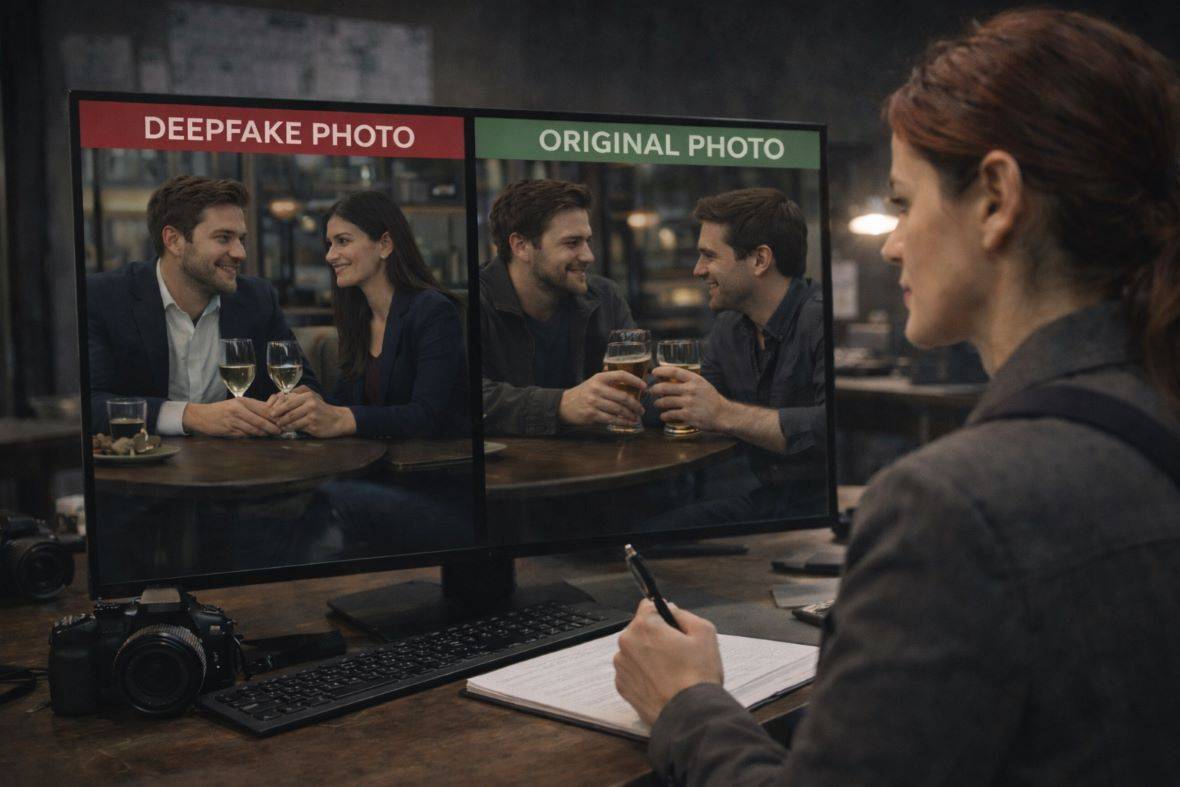Introduction

In today’s corporate environment, maintaining harmony and resolving conflicts is essential. The professionals who often operate behind the scenes but carry immense importance are central to this task – Workplace Investigators. This article dives into understanding their role and significance in conflict resolution and explores how other related topics are intertwined with this central theme.
Balancing Fairness and Thoroughness: Techniques Used by Workplace Investigators
Conflict resolution demands a balance of fairness and thoroughness. Workplace Investigators are tasked with striking this balance every time they step into a case. Their techniques include:
- Fact-finding interviews: Gather firsthand accounts from all parties involved.
- Analyzing evidence: Evaluating documents, videos, emails, or other proof.
- Collaborating with HR and Legal teams: Ensuring that all actions are within the confines of the law.
- Seeking external expertise: Sometimes, external specialists may be brought in to provide insights into specific areas.
The end goal is always clear – find the truth and ensure justice is done, all while preserving the harmony of the workplace.
Importance of Training for Workplace Investigators
In a fast-evolving corporate landscape, Workplace Investigators must be well-trained. Modern problems require modern solutions, and a well-trained investigator can:
Identify Issues Swiftly
Recognizing early signs of potential conflicts or misconduct is essential for proactive intervention. By identifying these issues at their onset, Workplace Investigators can address problems before they escalate, saving companies potential legal troubles and safeguarding their reputation. This swift recognition can foster a safer and more trusting environment as employees feel that concerns are taken seriously and promptly addressed.
Use Updated Tools and Technologies of Workplace Investigators
In an era where digital communication dominates, and remote work is commonplace, staying updated with the latest investigative tools is crucial. The digital age has transformed how workplace investigations are conducted. Modern-day investigators have devices and technologies to gather evidence more efficiently and accurately.
Adhere to the Latest Legal Guidelines
Ensure that Investigations are Compliant with Current Laws. Legal compliance is non-negotiable in workplace investigations. Investigators must ensure their methods and findings align with the latest legal standards. This adherence:
- Protects the Company
- Ensures Fairness
- Maintains Credibility
To effectively navigate the complexities of the modern workplace, investigators must be swift, tech-savvy, and rigorously compliant with legal standards. These three pillars form the foundation of successful workplace investigations. By investing in continuous training, companies ensure that their investigators are always prepared to tackle conflicts, no matter how complex.
Confidentiality and Trust: Core Principles for Workplace Investigators
When an employee steps forward with a complaint or when an incident occurs that demands investigation, two elements are essential – confidentiality and trust.
Protecting Whistleblowers
A Workplace Investigator must protect the identity of whistleblowers. These brave souls step forward to highlight issues, often at significant personal risk. The investigator’s role includes:
- Ensuring anonymity: Keeping the whistleblower’s identity a secret unless necessary.
- Providing protection: Ensuring the whistleblower faces no retaliation for their actions.
Ensuring Fair Representation
It’s not just about the whistleblower. Every party involved in the conflict must feel they are being fairly represented and treated with respect. This involves:
- Listening to all sides: No party should feel unheard.
- Providing updates: Keeping everyone informed about the progress of the investigation.
Challenges Faced When Unearthing Workplace Misconduct
Investigations could be more straightforward. Workplace Investigators often encounter various challenges, such as:
- Conflicting narratives: Different parties might have varying accounts of the incident.
- Incomplete evidence: Sometimes, crucial pieces of evidence might be missing or destroyed.
- External pressures: There could be pressure from higher-ups to sway the investigation’s results.
Despite these hurdles, the investigator’s primary duty remains unchanged: to find the truth.
The Evolving Role of Workplace Investigators in a Remote Working Era
With a significant portion of the workforce now operating remotely, the dynamics of workplace conflicts have changed. Some key developments include:
- Digital Misconduct: The rise in cyberbullying, digital harassment, and other online misconduct.
- Evidence in Digital Form: More evidence now exists in chat logs, emails, and video calls.
- Virtual Interviews: Investigators now often need to conduct interviews and meetings virtually.
The landscape might have changed, but the core role of the Workplace Investigator remains the same.
Collaborating with HR and Legal Teams for the Best Outcomes
Workplace Investigators don’t work in isolation. Their collaboration with HR and Legal departments is essential for a holistic corporate investigation, primarily regarding misconduct. A cohesive, unified approach is vital for successful conflict resolution in the workplace. Collaboration among various departments and teams can streamline the process and make it more effective. The key areas include:
Legal Compliance
With input from legal teams, investigators can ensure that their methods and findings comply with the law. Legal experts’ guidance ensures that all actions taken align with current regulations, minimizing the risk of legal issues down the line.
Employee Wellbeing
HR’s involvement in workplace investigations is essential to keeping the focus on employee wellbeing. Their insights and understanding of interpersonal dynamics can guide the process more empathetically.
Cross-Functional Collaboration
The effectiveness of a workplace investigation often relies on the collaboration of various departments, such as IT, security, management, and more. Different departments can contribute unique insights and skills through shared expertise, creating a more robust investigative team.
The Psychological Impact of Workplace Conflicts
Beyond the immediate concerns of resolving a conflict, there’s a broader implication at play: the psychological well-being of the employees. Prolonged workplace conflicts can lead to:
- Decreased Morale: Employees may feel demotivated or stressed if they believe conflicts need to be handled effectively.
- Reduced Productivity: Chronic stress and distractions from unresolved disputes can hamper an individual’s output.
- Increased Turnover: Employees might consider leaving if they feel the workplace environment is toxic or unsupportive.
By ensuring conflicts are addressed promptly and effectively, companies resolve the immediate issues and foster a healthier, more positive work environment.
Why Hiring a Private Investigator Can Make a Difference
Internal teams might have the expertise to handle the situation when conflicts arise, but there are compelling reasons to consider hiring a private investigator. These outside professionals offer a fresh, unbiased perspective that can be crucial in sensitive matters. Here’s why bringing in a private investigator can be beneficial:
- Objectivity: An external investigator doesn’t carry any internal biases or preconceived notions about the involved parties, ensuring a fair and impartial assessment.
- Specialized Expertise: Private investigators often have technical skills and tools which can be invaluable in tricky situations.
- Confidentiality: Knowing that an external party is handling the matter can encourage more witnesses to come forward, believing there’s a reduced risk of internal politics.
- Legal Safeguarding: Experienced private investigators are adept at ensuring that all investigative processes adhere strictly to legal guidelines, reducing potential legal repercussions for the company.
By enlisting the services of a private investigator, companies can reinforce their commitment to a just, thorough, and impartial conflict resolution process.
Conclusion
The role of Workplace Investigators in conflict resolution is multifaceted. Their dedication to fairness, thoroughness, confidentiality, and trust ensures that workplaces remain harmonious and just. In an ever-changing corporate world, their importance cannot be understated.
Whether it’s about staying updated with the latest techniques, ensuring confidentiality, or facing the unique challenges of the digital age, these professionals remain at the forefront of maintaining peace and justice in the workplace.
As part of our commitment to fostering harmonious work environments, Triumph Australia stands ready to support your organization in these endeavors. With a seasoned team of experts and a reputation for excellence, we can guide and assist in resolving conflicts with utmost professionalism and integrity. Partnering with us means investing in the best for your team, safeguarding your company’s reputation, and ensuring a future where every employee feels heard and valued.










